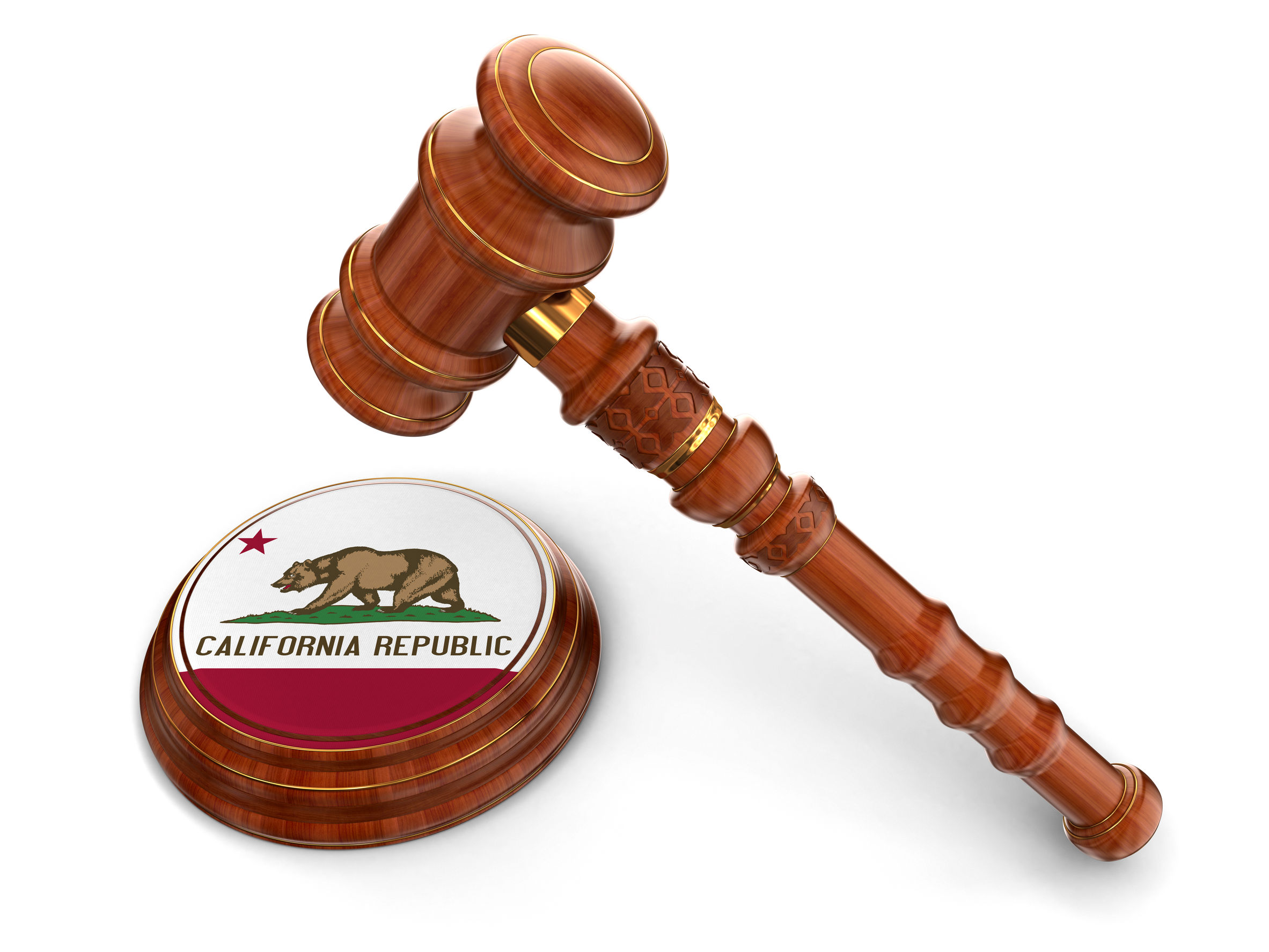
In certain cases, a judge may determine that a legal dispute may move toward resolution by ordering the parties to mediation. Even though mediation is usually a voluntary method of resolution undertaken by the parties, court-ordered mediation can be mandated by the judge to assist in the resolution of pertinent legal issues.
Court-ordered mediation can be ordered in various legal situations, but is most commonly used personal disputes that involve complex interactions between the parties. The mediator in a court-ordered mediation often issues a report for the court. The parties are expected to make a good faith effort to resolve their dispute during mediation proceedings. A significant benefit of a court-ordered mediation, as opposed to standard mediation proceedings, is that parties do not incur additional costs other than standard attorney’s fees.
The parties to a dispute may not foresee the imposition of a court-ordered mediation. However, there are certain types of cases that a judge is more likely to assign to a mediation proceeding. These cases include:
- One or more of the attorneys request a mediation.
- An attorney discusses using an alternative dispute resolution method or acknowledges that mediation might be successful in a certain case.
- The cost of litigation is a significant portion of the actual disputed amount.
- A relationship between the parties will exist post-settlement.
- A prior settlement was negotiated, but never carried through.
- The recovery of funds will be minimal.
In cases of court-ordered mediation, it is advisable to consult with a lawyer who has experience in mediation proceedings. Shane Coons offers expert legal advice and can guide you in the alternative dispute resolution that is most suitable to resolve your dispute. If you are directed to participate in a court-ordered mediation, Mr. Coons can ensure that your rights are adequately protected. For more information contact Shane Coons at 949-333-0900 or visit www.ShaneCoonsLaw.com.
